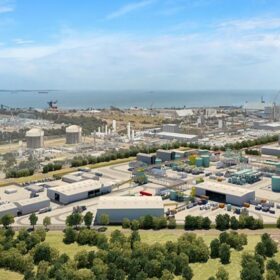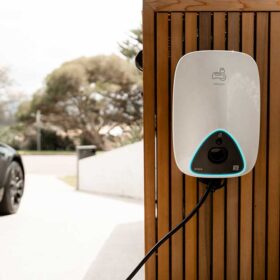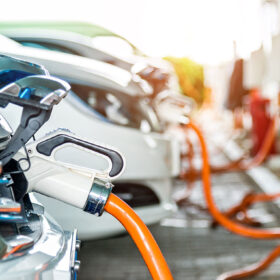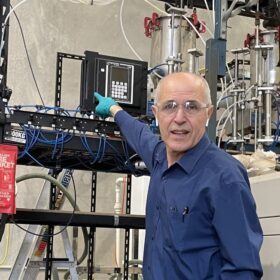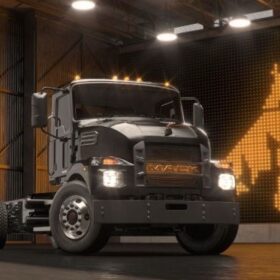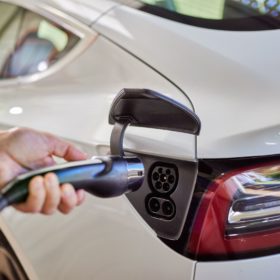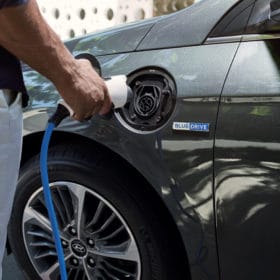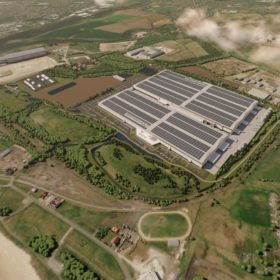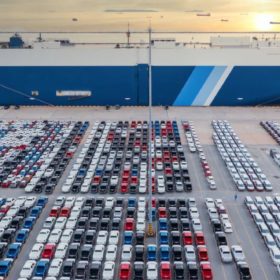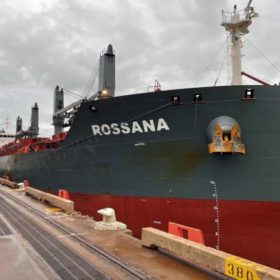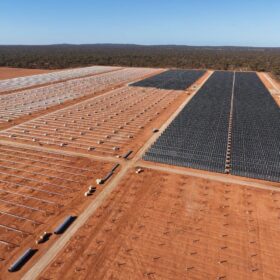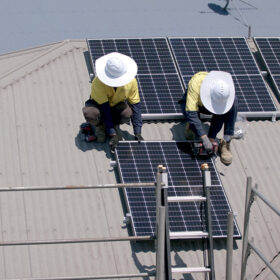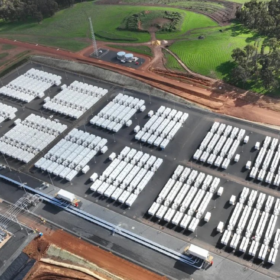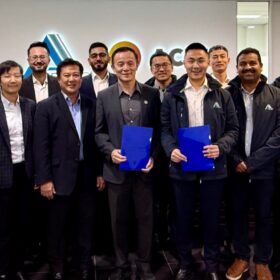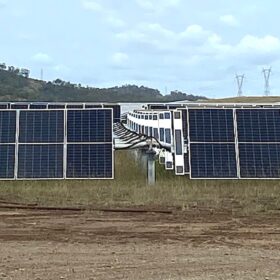IGO lands site for ‘Australian first’ integrated battery material facility
Australian mining and processing company IGO and billionaire Andrew Forrest’s Wyloo Metals will progress plans to build the nation’s first integrated battery material facility in Western Australia after the state government approved the allocation of land for the up to $1 billion project.
Schneider unveils new EV charger for home use
French power electronics specialist Schneider Electric has announced the Australian launch of a new electric vehicle charger that incorporates new features aimed at making at-home charging easier to install and more cost-effective to use.
Researchers investigate impact of charging EVs on power grid under strain
With the roll out of electric vehicles in Australia accelerating, a team of researchers from the University of Queensland explore what the impact is of charging them on a power grid under strain.
Kinaltek announces nanosilicon tech will help build better batteries
Australian materials technology developer Kinaltek has unveiled a one-step production process that it says can convert common silica powders into battery-grade nanosilicon for less than 5% of the cost of existing technologies, paving the way for the use of silicon nanoparticles in high-performance lithium-ion batteries.
Australian tech helps drive Mack Trucks’ electric transition
Australian automotive technology company SEA Electric has inked a deal which will see United States-headquartered truck manufacturer Mack use its technology to power a battery electric version of its medium-duty vehicle range.
WA tips $15 million in to drive expansion of EV charging network
The Western Australian Government has launched a new $15 million (USD 10.3 million) grant program to expand electric vehicle charging infrastructure throughout the state and accelerate the uptake of zero emission vehicles.
Incentives for off-peak charging of electric vehicles could ease stress on the Australian grid
New data from Cornwall Insight Australia’s EV uptake model shows that under an extreme scenario, 22 million electric vehicles (EVs) are expected to be part of the National Electricity Market (NEM) states’ fleet by 2052.
Recharge Industries looks to revive British battery gigafactory
Just weeks after announcing its intent to build a $300 million (USD 210 million) lithium-ion battery manufacturing facility in Victoria, Australia-based Recharge Industries is reportedly considering a bid for the collapsed UK battery company Britishvolt that could revive plans to construct a battery cell gigafactory in northern England.
Let buyers jump queue for EVs by importing them directly
If Australia is to decarbonise our energy system by 2050, we need to start the transition to electric vehicles very soon. Cars sold in the 2030s will mostly still be on the road in 2050, so we have to make sure most of them are electric. But electric cars (including plug-in hybrids) currently account for only 3.5% of new car sales in Australia.
First ore shipment sails from NT lithium mine to China
Australian miner Core Lithium has made the transition to lithium producer with 15,000 tonnes of unprocessed ore from its Finniss mine in the Northern Territory now heading to China where it will be converted into materials for the global renewable energy storage and electric vehicle markets.
